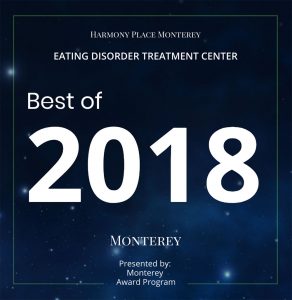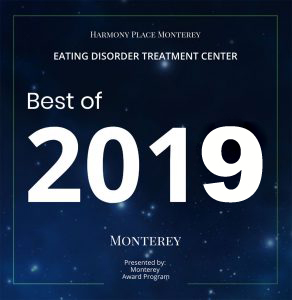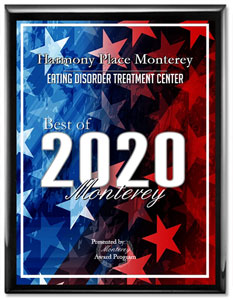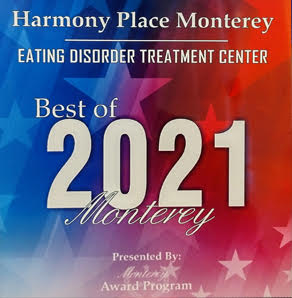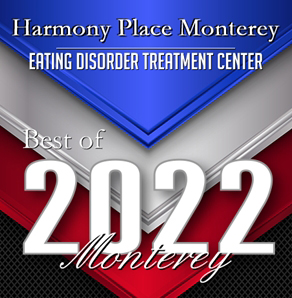PRESENTED BY: MARK F. SCHWARTZ, Sc.D., LEE LARIMER, Ph.D. and LEE GOLDMAN, M.D. | See Bios >>
AIRDATE: FRI. MAY 10, 2024
CEs: 2.0 with the completion of the online Evaluation Form
2.0 CEs provided with the completion of an online evaluation form. This workshop provides 2.0 CEs. Application made to CEPA for specified hours of Continuing Education Credit for MFTs, LPCCs, LEPs, and LCSWs as is required by the California Board of Behavioral Sciences.
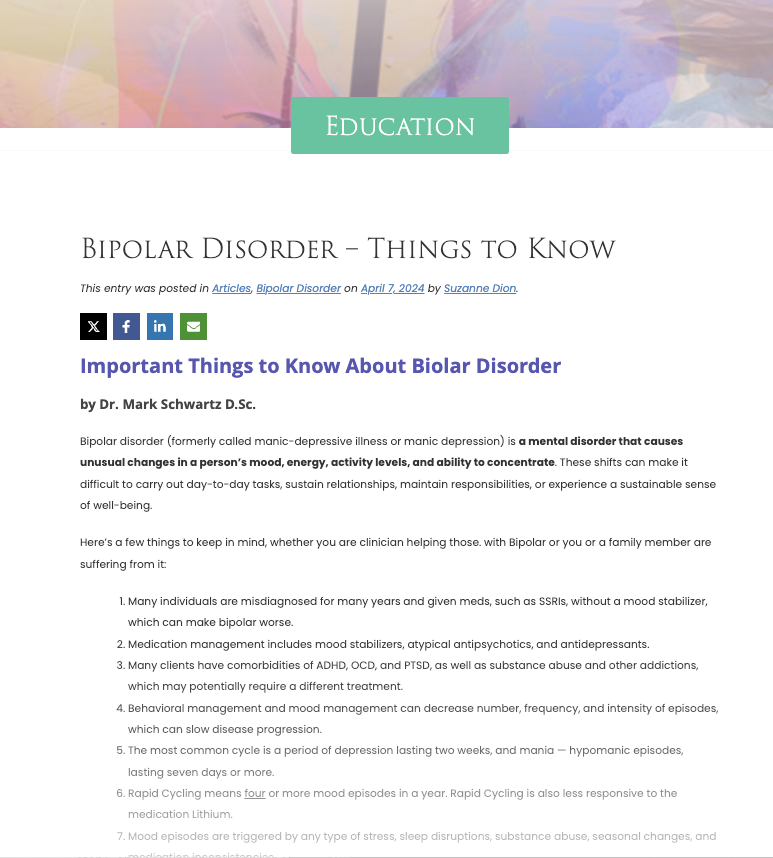
SUMMARIZED ABSTRACT
A mood disorder diagnosis can be overwhelming. In this livecast webinar, Dr. Mark Schwartz and Dr. Lee Larimer will share their experience with both biological and psychological therapeutic treatments to better control both mania/hypomania and depression cycles.
Research on large numbers of individuals suggests that behavioral management can decrease both the frequency and intensity of mood changes. Clarifying what is a “normal” state is sometimes confusing, and specific skills are necessary for managing impulsive, self-destructive, irritable behaviors, or other misattunements with others, such as a difficulty to stop talking.
WEBINAR OBJECTIVES
In this webinar, clinicians will learn state-of-the-art optimal therapy for providing anticipatory guidance for mood disorders, related to the following:
- Structure and sleep habits
- Sexuality
- Rapid Cycling
- Pharmacotherapy
- Relationships
- Family
- Stress-management
- Side-effects of medications
- Age of onset and typical age to diagnose
- Use of alcohol, street drugs, and marijuana
- Genetic factors
- Early or late onset
- Assessment
- Substance Abuse
- Co-occurring disorders
- Mood diaries
- Spectrum variation
- ADHD and OCD
- Borderline Personality Disorder
- Diagnosis in childhood
- Not taking or stopping medications
Contact us for a consultation >>


